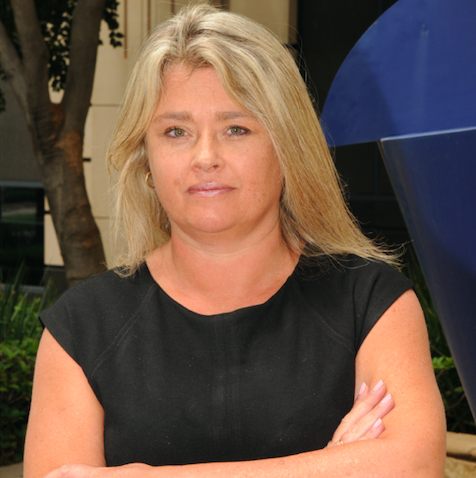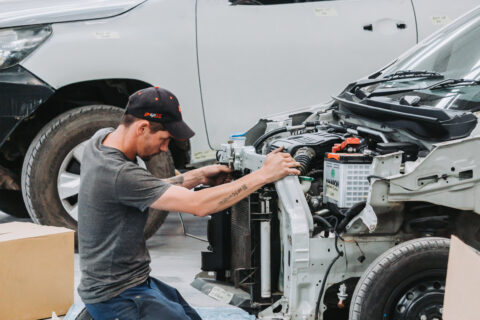Sunday Times Franchising PR
Nedbank Aims To Intensify Efforts To Transform The Petroleum Sector
An audit done in 2010 revealed that a large proportion of South Africa’s economically active population was still underrepresented in the petroleum sector. And, despite the targets set in the charter, the representation of women was still below 10% in the retail part of the value chain.
In 2017 the Department of Trade and Industry issued a proclamation to publicise the intention of the Department of Energy and the Petroleum and Liquid Fuels Industry to align the Broad-based Black Economic Empowerment (BBBEE) Petroleum and Liquid Fuels Sector Transformation Charter with the BBBEE Act, 53 of 2003, the BBBEE Codes of Good Practice and the BBBEE Policy Framework to ultimately serve as a sector-specific code of good practice.
The fuel industry was the first South African industry to agree on a transformation charter, aimed at ensuring ownership and control by approximately 25% of historically disadvantaged South Africans across the industry value chain. While significant work has been done, the final charter is yet to be published in the gazette.
The latest annual report of the South African Petroleum Industry Association states that, while the draft reviewed scorecards adopt value chain transformation opportunities with quick wins and high impact that leads to a framework of seven subsector scorecards (retail, wholesale, manufacturing, biofuels, gas, access to infrastructure, and the public sector), all stakeholders are still robustly discussing the draft sector code.
According to Karen Keylock, National Franchise Manager at Nedbank Business Banking, swift acceleration is needed if the sector wants to achieve its goals.
‘With the industry-specific code, which is trying to push transformation in areas from government to oil companies and dealers, we hoped to see a shift, but it is still not good or fast enough,’ says Keylock.
Keylock believes transformation is mutually beneficial. ‘I have no doubt that stakeholders see the value. This is a win-win situation for everyone, as we strive to do the responsible thing that, at the same time, can yield good results and growth for our country by addressing challenges of economic inclusion and representation in the industry’.
To help accelerate the pace of transformation in the sector, Nedbank is facilitating the entry of a new type of entrepreneur in the fuel industry. These new entrants will be positioned to take advantage of the opportunities that arise from transformation through the charter, as well as new extraction sites that will become available.
‘In addition to the skills and experience gap that exists, Nedbank has identified the absence of role models for young people, particularly for women from historically disadvantaged groups in this industry,’ says Keylock. ‘Through our Business Banking Unit, we want to use our financial expertise to accelerate transformation, and we have partnered with the fuels industry consultancy PetroCONNECT to offer finance to aspiring black franchisees participating in the PetroCONNECT Readiness Programme so that they can get fuel stations’.
PetroCONNECT is a company formed by two experienced fuel retailers, Sbonelo Mbatha and Mark Harper, with a vision to offer end-to-end solutions in the South African fuel retail industry and playing a proactive role in helping all players in the fuel industry reach transformation goals in a sustainable way.
Through its partnership with PetroCONNECT, Nedbank has offered enterprise development funding to enable 45 potential fuel site owners to undergo intensive training and mentorship. They are part of an ongoing engagement process between their mentors, oil companies and the bank as they continue their entrepreneurial journey in the fuel industry.
Through partnering with oil companies, whether they are new entrants or black-owned, Nedbank can engage with them to determine which funding structure will be the most viable and help with managing working capital and reducing risk.
‘These partnerships are based on companies that are serious about achieving their transformation goals and that see transformation as an opportunity rather than a threat,’ explains Keylock.
Mbatha says that PetroCONNECT plays a proactive role in helping all players in the industry to join forces and become empowered, so that we can all be part of the industrywide solutions. ‘Through our transformation service, we help businesses with long-term transformation strategies that are sustainable, and connect the right people. It truly is a partnership’.
Harper agrees, saying education is one of the most important elements of transformation. ‘The ultimate aim is to build sustainable and successful businesses. Through our Readiness and mentorship programmes, we not only empower talented entrepreneurs, but also mentor them to become qualified in running their very own fuel retail franchise.’






 Sign-up and receive the Business Media MAGS newsletter OR SA Mining newsletter straight to your inbox.
Sign-up and receive the Business Media MAGS newsletter OR SA Mining newsletter straight to your inbox.